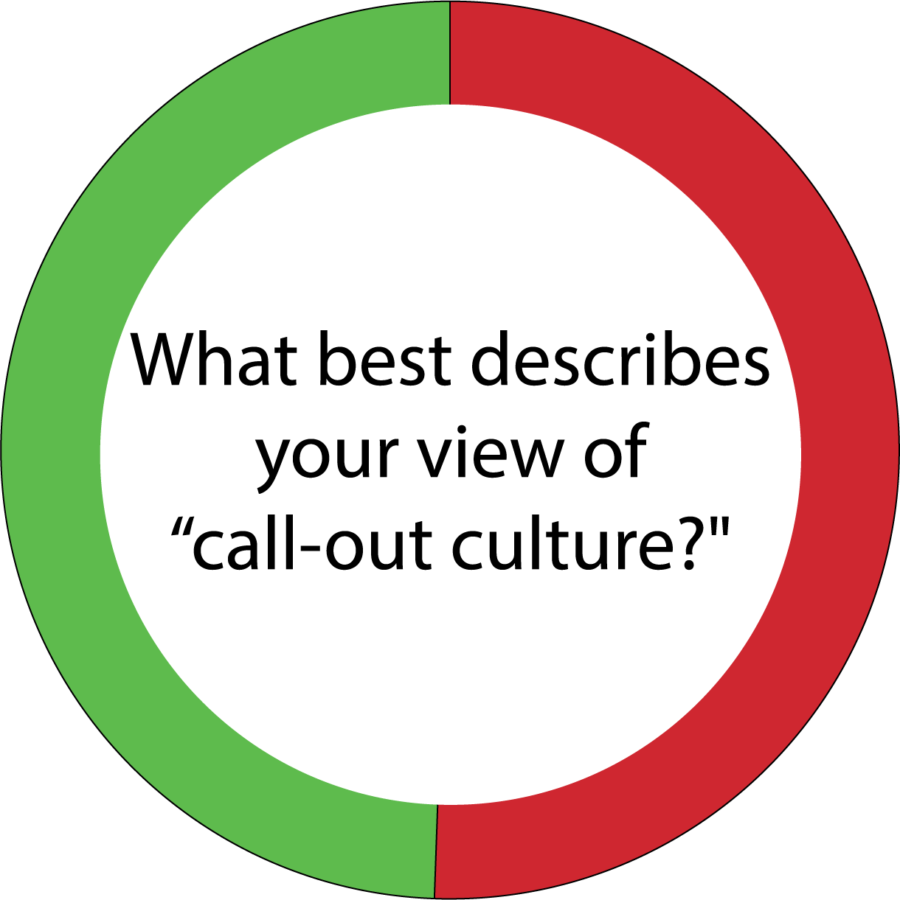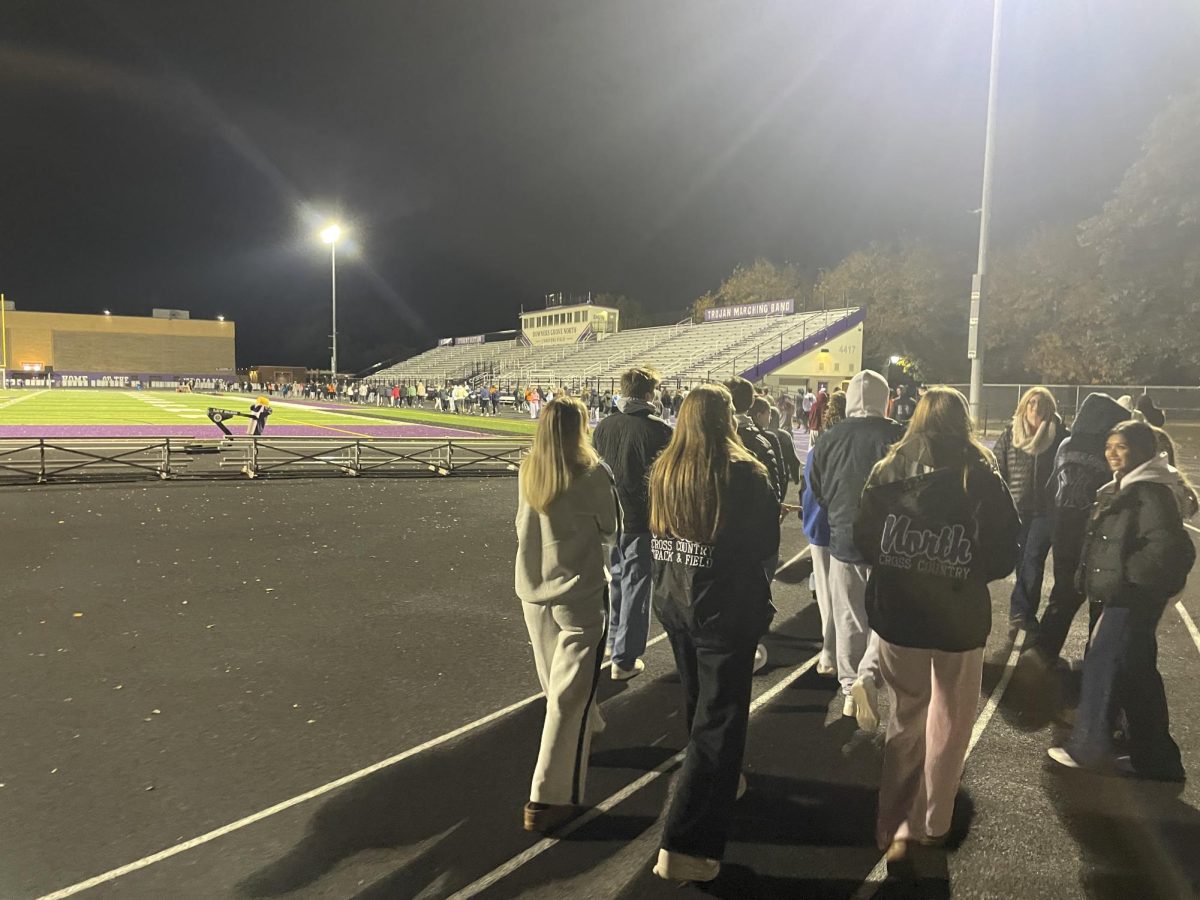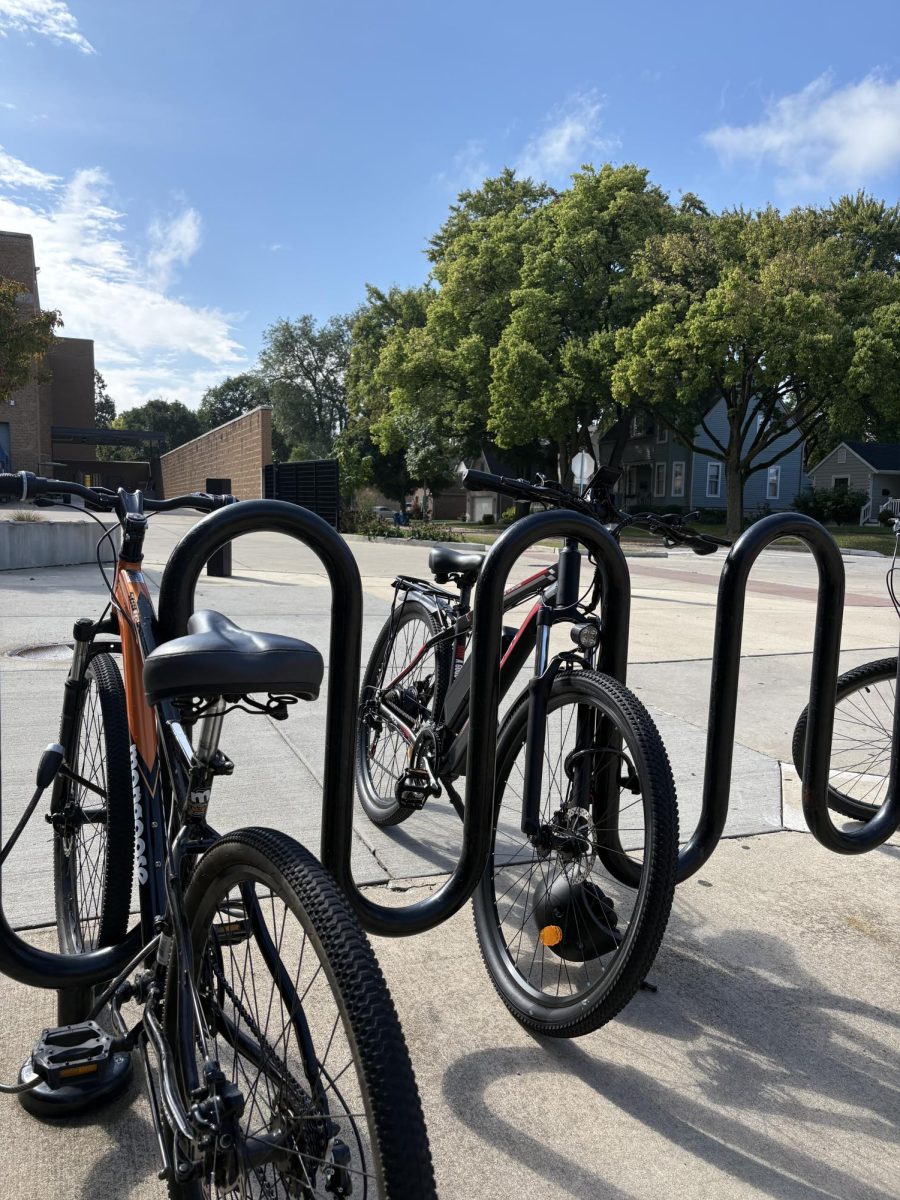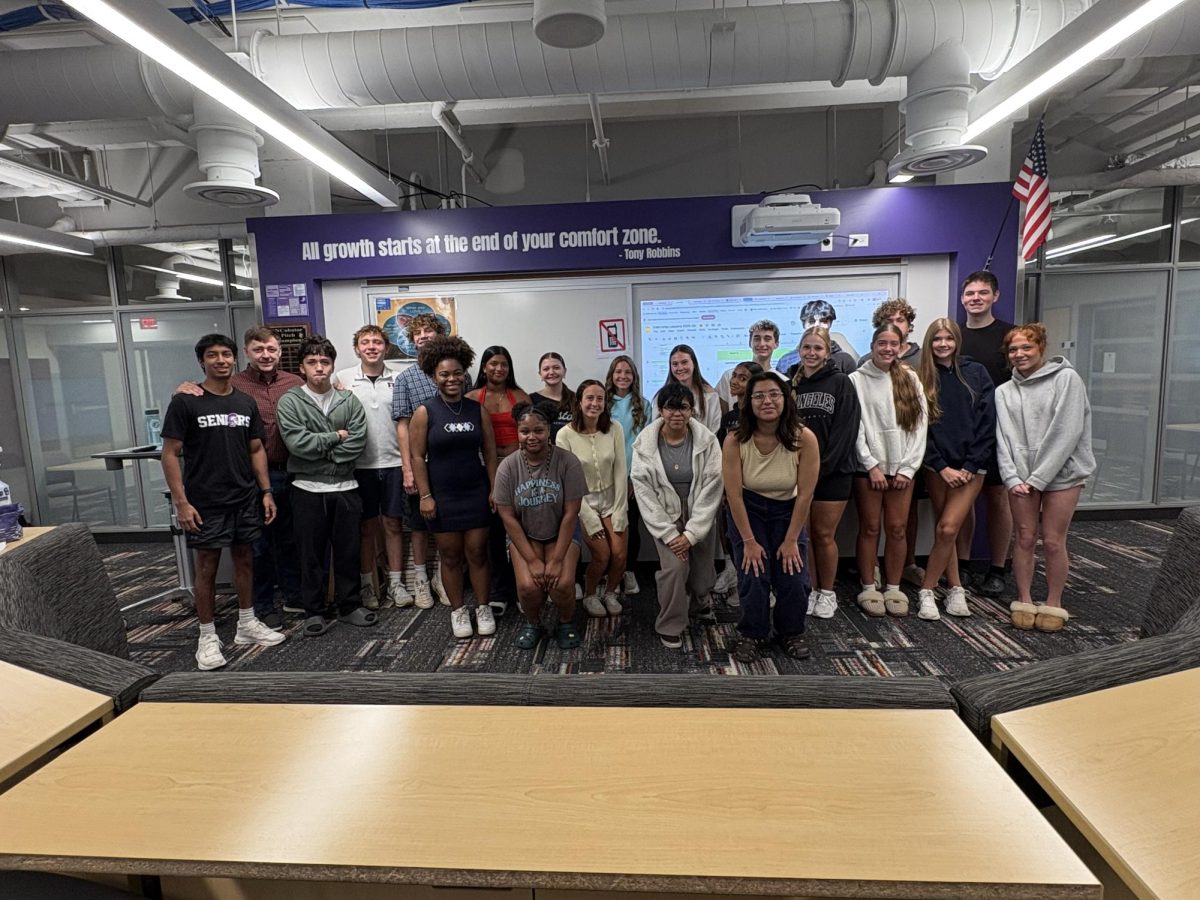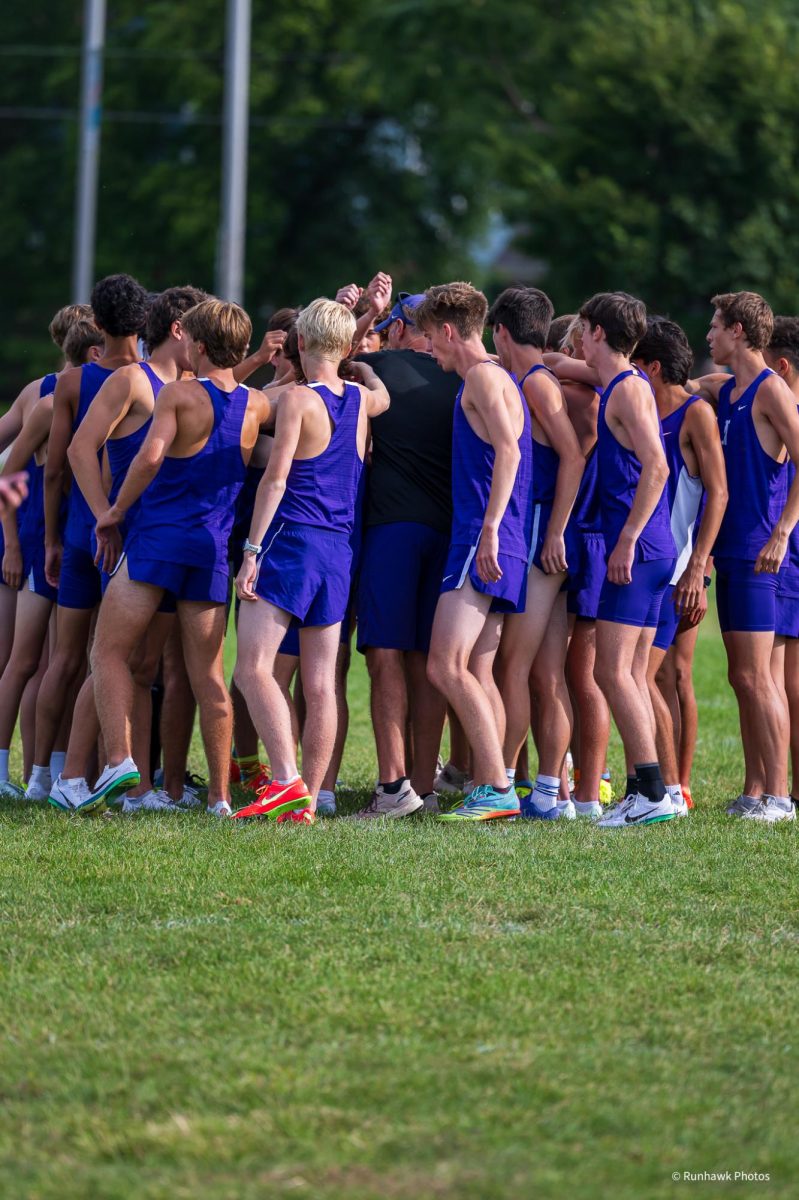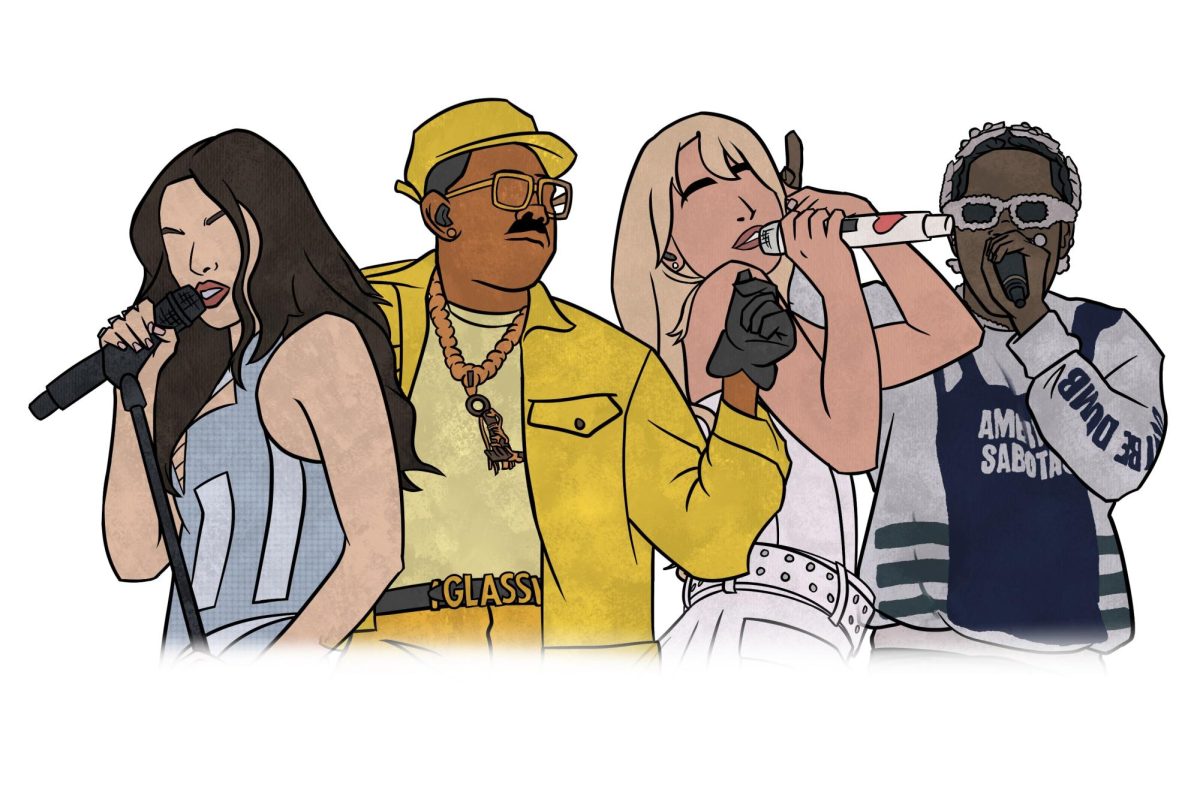Call-out culture: Internet phenomenon threatens truth
GREEN: POSITIVE RED: NEGATIVE Based on an Omega survey of 207 responses.
March 15, 2019
New advances in technology and social media over the past decade have brought about a new way to punish those accused of breaking social norms, such as incidents of racism, sexism, or homophobia, in a social spectacle known as “call-out culture.” With the click of a button, we can share news stories, pictures, and videos with millions of people instantly.
We constantly see people accused of wrongdoings, especially those in positions of authority. Whether it be public displays of racism or homophobia on social media, or accusations of sexual assault, these call-outs have obliterated reputations and ostracized people from society in a matter of minutes, regardless of their validity.
In some ways, call-out culture can be beneficial. It allows victims to hold people accountable for their actions and pushes topics that may otherwise be hard to talk about into the limelight. With every “share” of an image or video, awareness can be spread about a particular issue.
However, the scary reality is that you don’t need any sort of evidence to call someone out. Virtually anyone can send out a tweet or make a post, then wait for people to share, like, or retweet— potentially believing everything you’ve said without question.
These call-outs don’t just happen to celebrities or political figures. We’ve seen it happen in our own community and school. Think about the recent controversy over a DGN student who wrote the n-word on a whiteboard. Although there was video evidence, did anyone actually consider if the student was correctly identified before sharing the post or making assumptions about that individual?
After the whiteboard incident, a trend of similar call-outs at school began. Several students accused of using the n-word or other derogatory terms were confronted or disciplined by deans or administration. Screenshots were pulled up, twitter accounts were dug through, and instagram feeds were searched— it seemed as though people were just looking for anything they could use as evidence to either start drama or get a student in trouble.
In other ways, this call-out culture at DGN is positive. It forced us to acknowledge the racism that occurs at school and reiterated the harm of derogatory language. It also reminded people to be careful about how they use social media.
It appears that we feel the need to attribute blame for incidents that test social norms, and are so eager to do so that we will throw away our typical standards of truthfulness. We can become so heated about an issue that we disregard the actual facts; but if we are going to ruin someone’s reputation shouldn’t we first make sure that we have the truth?
Want to know why we chose this topic for our In-Depth section? Check out this letter from the editor.


